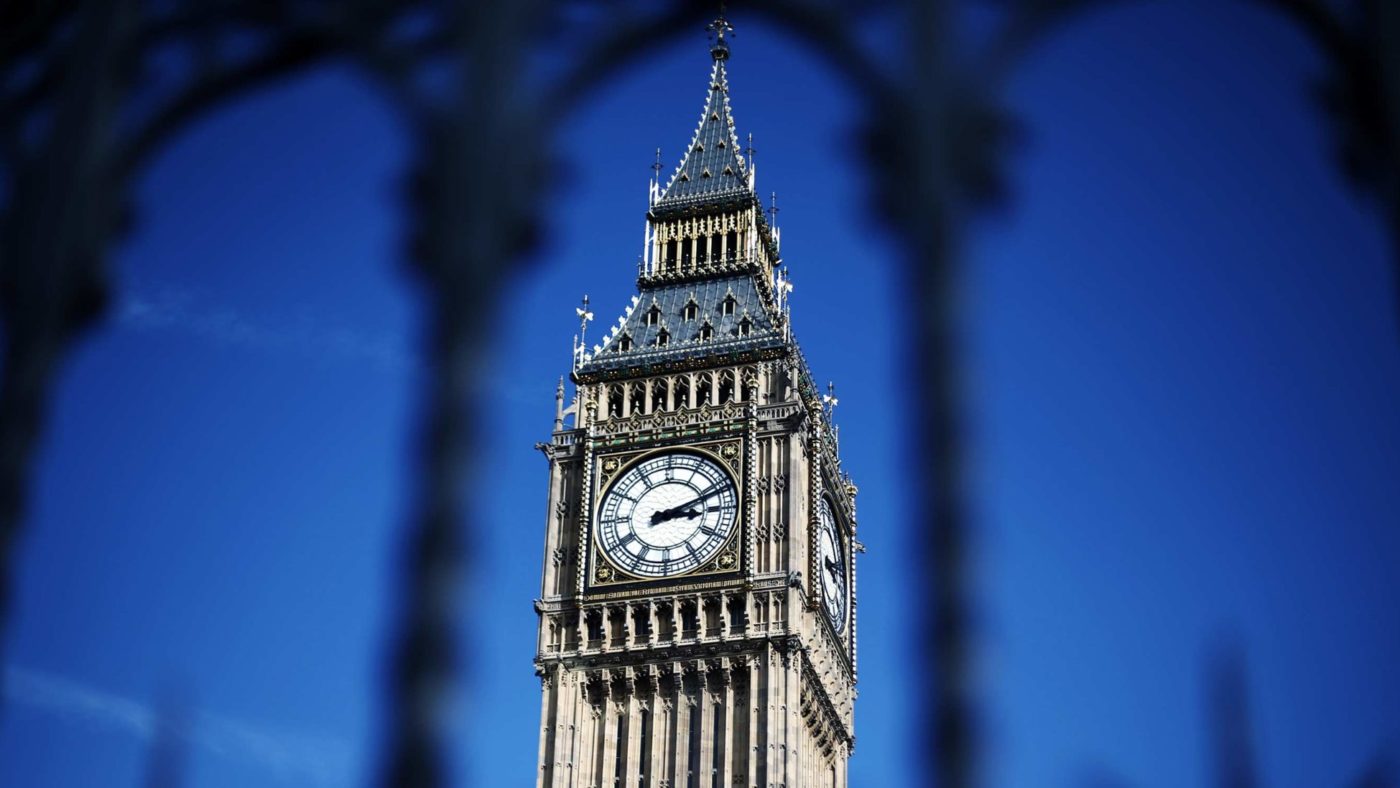The impact of technology in general, and the internet in particular, has clearly been substantial in many areas of our lives. And while there are plenty of things to dislike about social media, the democratisation of debate – a free market in ideas – is clearly a good thing.
Yet there is one aspect of debate today that is at best inefficient, and at worst infuriating. Too often, debates about concrete concepts and things get bogged down in disputes about what we call those things. Allow me to explain.
As a pollster, I know that crunching numbers often involves thinking about things in ways that seem back-to-front, or at least counter-intuitive. The intuitive approach tends to be “some people hold one set of views, others hold a different set of views, let’s go out and measure how many there are of each”.
But often there are patterns – relationships between different things that can be observed in the data. And often, in trying to understand patterns, you end up discovering new ones.
For example, on the face of it, Brexit and the death penalty have little to do with one another. One relates to Britain’s relationship with its neighbours, the other is a method of punishment.
But we also know that those who strongly agree that death is the most appropriate penalty for some crimes voted almost three-to-one to Leave the EU, and those that strongly disagree voted four-to-one to Remain.
Of course, 70-80 per cent of people isn’t everyone. But given that polling is about understanding patterns among groups, not pigeonholing individuals, that doesn’t matter too much. We can make similar observations about all sorts of combinations of attitudes, behaviours and demographics.
The broader point is that patterns like these exist even when we don’t have names for them. And they continue to exist while arguments rage about what label we should use.
Take the death penalty example. Support for capital punishment correlates with a number of socially conservative attitudes. In fact this social liberal-social conservative axis is as important in understanding current voter behaviour (and current politics more generally) as the traditional left-right economic axis.
But trying to debate these sets of issues and you quickly get bogged down in arguments like whether “liberal” is being used in the Gladstone or Guardian sense of the word. Of course, the meanings of words matter hugely, but that they can sometimes be a distraction from the underlying concepts. Call it what you like (within reason), but don’t let the issue become secondary to the tag.
One word that it’s fashionable to throw around as an insult lately is “elite”. The left often uses it in the context of economic influence, the right often uses it in relation to cultural influence. The lexicographer Susie Dent describes it as having “lost its moorings” since it originated from the Latin word for “elect”.
Words and their meanings can become detached, and that can get in the way of important debates about the latter. Just because a word has become misappropriated, or, arguably, lost its meaning altogether, it doesn’t mean that the concept has changed or become any less significant. And, as a pollster, these shifting meanings make it harder to ask the public a question and know what you’re asking them.
In a one-dimensional left-right world, when the divide between the rich and the powerful and everyone else was the main talking point, it was reasonably well understood because concepts of wealth and power are fairly intuitive. But what about debates that are primarily cultural?
Those of us that use political Twitter will be familiar with the ritual. Something becomes a talking point. Everyone has their say. Then someone polls the public on the same issue and the public has a very different view.
To pick a few examples, in the last year polling has shown that clear majorities of the public (and in some cases significant majorities) think the golliwog dolls are not racist, that efforts to ensure racial and gender equality have gone far enough already, and that there are too many immigrants in Britain (and by a narrow majority, back capital punishment too).
Would majority views such as these fit with accepted norms in political, corporate, academic and (non-tabloid) media spheres? If the answer is not an emphatic yes, then a cultural gap exists.
So is there a cultural difference? If there is, how do we define it? How big is it? How do we measure it objectively? How much, if at all, does it matter? Those five questions are all things I would want to ask before asking whether or not the sphere(s) in question should be called “elite” or something else.
This is a particular problem in above example, because two sides in the culture war seem to talk past each other, using the same words to mean completely different things and assuming bad faith on the part of their adversaries. But there are other examples too.
What we call things clearly matters. But debates about words should not get in the way of debates about concepts. And especially not when the concepts are central to the biggest debates of our time.


